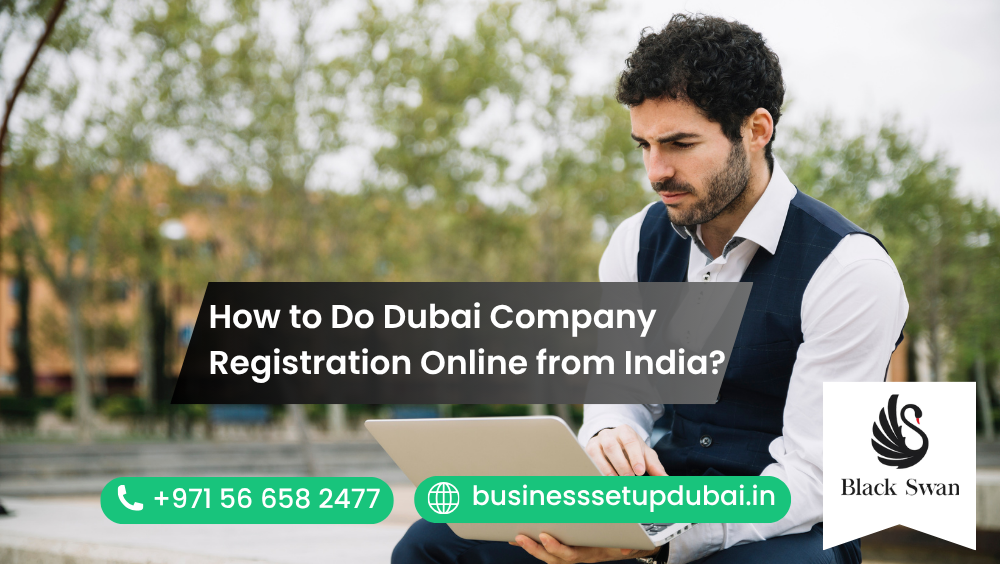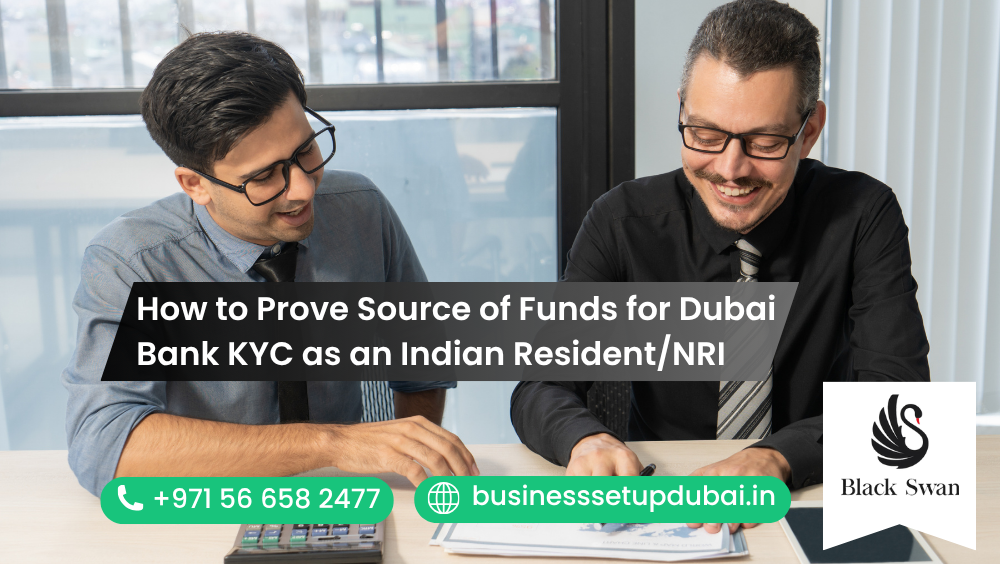Setting up in Dubai feels exciting—yet the first fork in the road trips many founders up: Mainland vs Free Zone. Moreover If you’re an Indian entrepreneur aiming for regional reach,credibility, and speed, the right choice can shave months off your go-to-market and save lakhs in avoidable costs. Therefore,this guide breaks down the decision with plain talk, practical comparisons, and India-specific angles you won’t find in generic checklists.
Mainland or Free Zone?
- Choose Mainland if you want to hire without tight visa caps,open multiple branches,bid on government projects, and trade anywhere in the UAE,.
- Choose a Free Zone if you 100% foreign ownership with ready-made facilities,simplified import/export, and prioritize lower setup cost, sector clusters (like Dubai South, RAKEZ, Meydan, IFZA, DMCC, ).
Anyhow, don’t default to the cheapest option. Instead, match your compliance ability,hiring plan,client location, and revenue model to the right license type. Get details on Business Setup in Dubai.
Key differences explained (without the jargon)
1) Scope of business activity
- Mainland company (((licensed by Dubai DED))): You can work directly with government,onboard onshore clients, and sell across the UAE,.
- Free Zone company: You can sell within the overseas or Free Zone ; to sell onshore in the UAE you get additional approvals, use a local distributor,or agent, .
Decision cue: If 70%+ revenue will come from UAE onshore clients, Mainland wins. Conversely, if you’re export-led, e-commerce cross-border, or B2B services delivered remotely, a Free Zone fits.
2) Ownership and control
- Today, 100% foreign ownership is available in many Mainland activities (with exceptions).
- Free Zones have long offered 100% ownership with no local shareholder.
Decision cue: If your activity falls under the “strategic” list that still needs a local partner, Free Zone might be simpler. Otherwise, Mainland can be equally founder-friendly. Looking for a Business Setup in Dubai Free Zones?
3) Office space and presence
- Mainland generally needs actual office space (Ejari) for many activities.
- Free Zones often accept Flexi-desk or shared offices, which cuts initial cost.
Decision cue: If you need substance (team, meeting rooms, warehousing), both work; yet for lean starts, many founders begin with Free Zone Flexi-desk and scale later.
4) Hiring and visas
- Mainland companies usually get flexible visa quotas linked to office size and activity.
- Free Zones assign visa packages per facility type (e.g., 2–6 visas for a desk, more for private offices/warehouses).
Decision cue: Planning a larger team quickly? Mainland often scales smoother. If you’ll keep a tight core team, Free Zone works well.
5) Cost and renewals
- Free Zones typically show lower upfront packages (license + Flexi-desk + visas).
- Mainland can cost more due to Ejari, external approvals, and some attestations.
Decision cue: If your budget is tight and your sales aren’t UAE-onshore heavy, a Free Zone offers a cost-efficient runway. If your sales are onshore, the additional Mainland cost often pays back fast.
6) Compliance and audits
- Audit requirements vary by Free Zone (e.g., DMCC requires annual audits; others may depend on activity/size).
- Mainland may require audited financials depending on activity and banking needs.
- Both must consider VAT (5%), ESR (Economic Substance Regulations), UBO, and corporate tax rules (with thresholds/exemptions by activity).
Decision cue: If you prefer a single-window authority and cluster expertise (crypto, commodities, media, logistics), a Free Zone gives sector-specific clarity. If you want broad market access, Mainland plus a diligent accountant keeps you compliant. Get details on Setup Business in Dubai Mainland.
India-specific angles that change the choice
Banking and remittances
Indian founders care about bank account opening timelines and repatriation. Mainland entities can appear more “local” to banks; yet strong Free Zones (like DMCC or IFZA) also enjoy solid credibility. Prepare a clean KYC pack, proof of source of funds, and Indian tax residency documents for smooth onboarding.
Double Taxation & structuring
Because of the India–UAE tax treaty, careful structuring can reduce friction on service income,royalties, or dividends,. Moreover, Always loop in a cross-border tax advisor who understands POEM,GAAR, and, DTAA, implications for Indian promoters.
Import–export reality
If you’ll import from India and distribute across the GCC, a Free Zone with customs advantages and warehousing (e.g., JAFZA, Dubai South) can cut total landed cost. If you must retail onshore, the Mainland license plus a small warehouse may serve better.
Practical use-cases (so you can map your business fast)
- B2B SaaS targeting India, GCC, and the US
You sell remotely, issue digital invoices, and need 3–6 visas. Free Zone with a service license and Flexi-desk is cost-savvy. Add VAT only if required; maintain clean ESR documentation. - FMCG import from India; UAE wholesale + supermarket tie-ups
You need onshore sales, distributor contracts, and shelf space. Mainland wins for trade license, local distribution, and government approvals. - Jewellery trading and bullion desk
You need global credibility, secured facilities, and compliance. DMCC (a Free Zone) offers a tailored ecosystem, but if you plan retail outlets in malls, add a Mainland entity or branch. - Govt/semigovt tendering; engineering services
You need to bid on UAE tenders and sign long-term maintenance contracts. Mainland is the straightforward route.
Cost layers you should actually budget for
- License issuance & renewal (Mainland or Free Zone)
- Office/Ejari or Flexi-desk fees
- Establishment card, visa quota, employment visas
- Medical & Emirates ID per visa
- Corporate bank account setup (minimum balance may apply)
- Audit & accounting (where required)
- VAT registration & filings (if applicable)
- ESR, UBO filings, and corporate tax compliance
- Customs code and warehouse (if trading)
- Insurance (workmen’s comp, medical, liability)
Pro tip: Avoid “ultra-cheap” packages that limit visas or lock you into facilities you’ll outgrow in 3 months. Scale costs matter more than day-one costs. Get details on Visa Services in Dubai.
Compliance: keep it clean, keep it fast
Whether you pick Mainland or Free Zone, bank and immigration authorities look for substance:
- Real business plan, active website, contracts, invoices
- Clear source of funds and beneficial ownership
- Timely renewals and bookkeeping
- KYC consistency between Indian and UAE entities
Cut corners and you risk account freezes or license holds. Build clean, and you build fast.
Step-by-step selection framework
- Map revenue: Onshore vs export vs digital services.
- List activities: Match to DED (Mainland) or Free Zone catalogs.
- Size the team: Project visas for 12–18 months, not just month one.
- Pick facility: Ejari office vs Flexi-desk vs warehouse.
- Banking fit: Shortlist banks aligned to your transaction profile.
- Budget renewals: Model year-2/3 compliance, not just setup.
- Decide: If ≥70% revenue is onshore, go Mainland; else lean Free Zone.
- Execute: Prepare attestations, MOA, lease, establishment card, visas.
- First filings: VAT, ESR, UBO, and bookkeeping from day one.
Related Articles:
» Difference between Free zone and Mainland Company in Dubai
» Choosing the Right Business Structure in Dubai
» Free Zone vs Mainland Business Setup in Dubai for Indians
» How to Register a Business in Dubai Mainland?
» Dubai Mainland vs. Free Zones: Selecting the Optimal Location
Common mistakes Indian founders should avoid
- Choosing only by price: The cheapest Free Zone license can become expensive if you must add local distribution later.
- Under-planning visas: Hitting a visa cap mid-scale interrupts hiring.
- Ignoring compliance: Late VAT/ESR/UBO filings hurt banking and growth.
- No office plan: Promising a team with just a Flexi-desk can stall visas.
- Bank mismatch: Additionally,Pick a bank that fits countries you pay and your transaction size .
Still undecided? Use this tie-breaker
Ask yourself: “Where will my first 10 invoices come from?”
- If the answer is UAE clients, choose Mainland.
- If it’s export/Cross-border digital, choose a Free Zone.

Mainland vs Free Zone for Indian Entrepreneurs
Pick Mainland for onshore revenue, government credibility, and scale. Pick a Free Zone for lean entry, cluster benefits, and cross-border focus. Either path works—when it matches your business model. If you want, I can tailor this to your exact activity list, expected turnover, and hiring plan to lock the best route and realistic cost.
FAQs
Yes, for many activities. Some strategic sectors still need special approvals. Always verify your specific activity with the current Dubai DED list.
It usually,depends on qualifying income and the Free Zone’s status. Besides this, Many enjoy preferential regimes, yet conditions apply. Therefore Plan with a tax advisor to avoid unintended exposure and stay within rules.
Yes, but normally through an agent/local distributor or with extra approvals. Because of which For direct onshore work, consider a Mainland branch or entity.
Apparently, For commodities/jewellery: DMCC. For services/tech:DWTC, Meydan,IFZA;For trading/logistics: RAKEZ,Dubai South,JAFZA, Consequently,The “best” depends on your budget,visa needs, and activity mix.
Usually Timelines vary by bank onboarding,approvals, and activity. Consequently,With a clear plan, and documents ready both Free Zone and Mainland can be launched efficiently.











